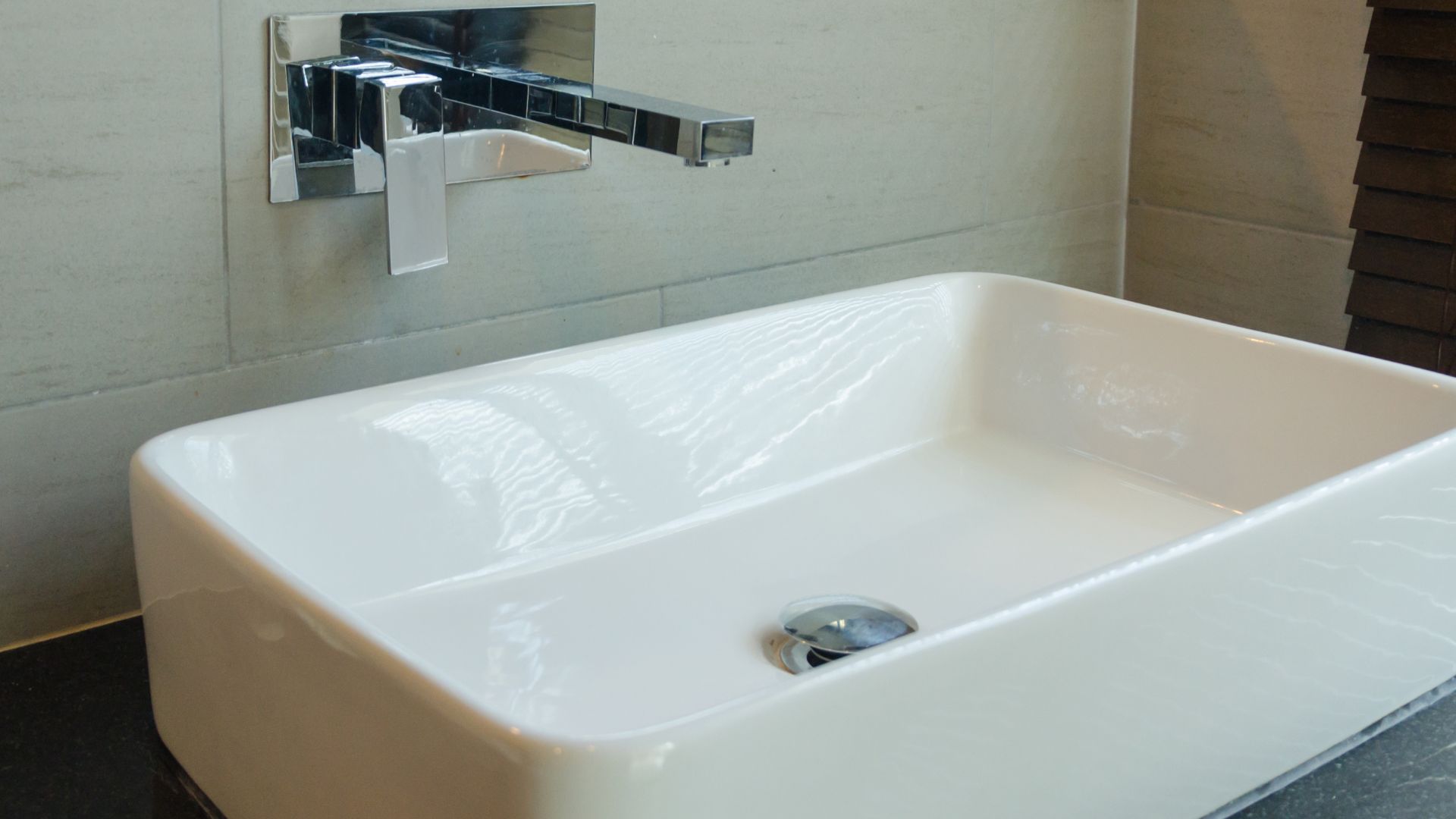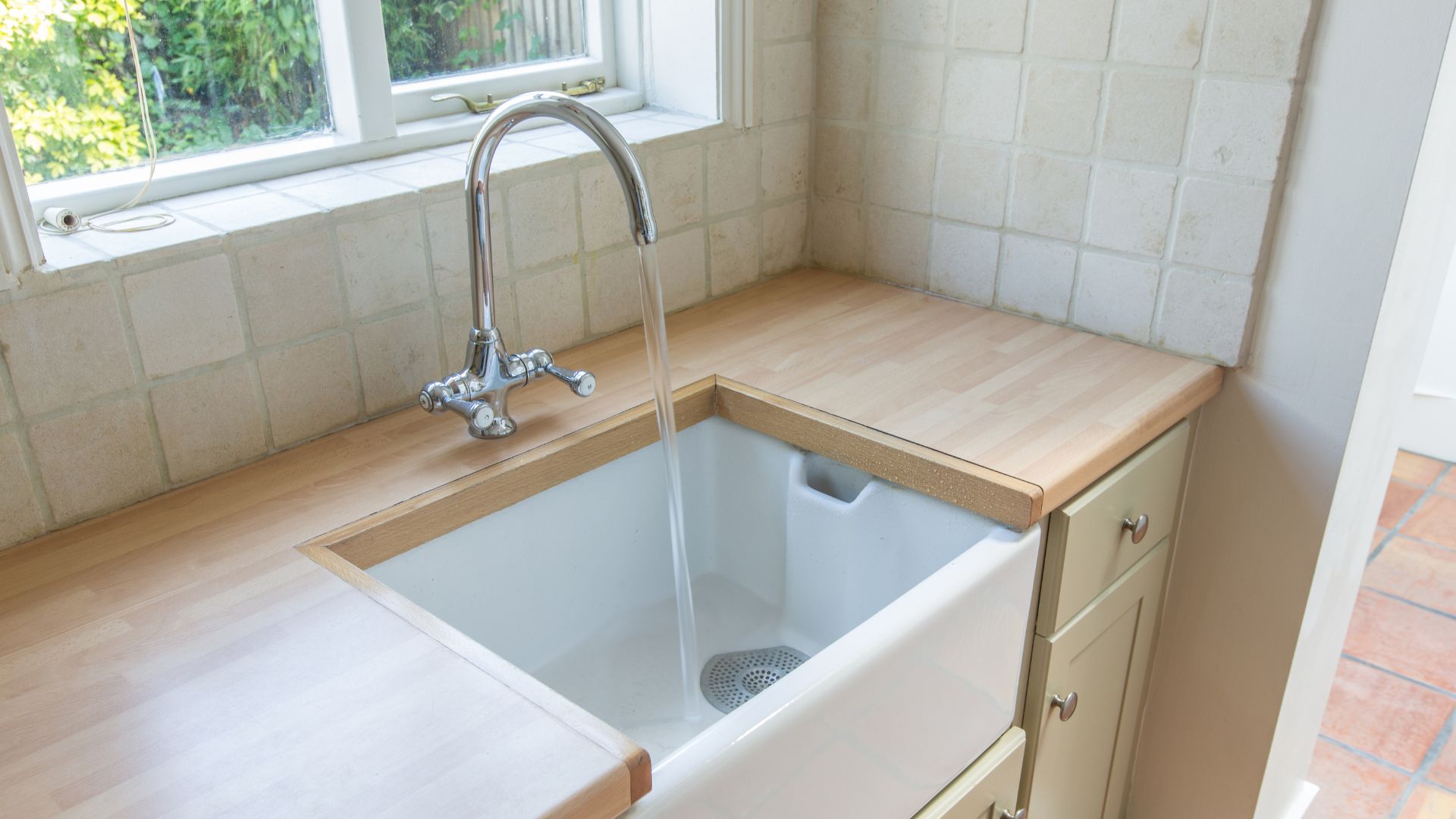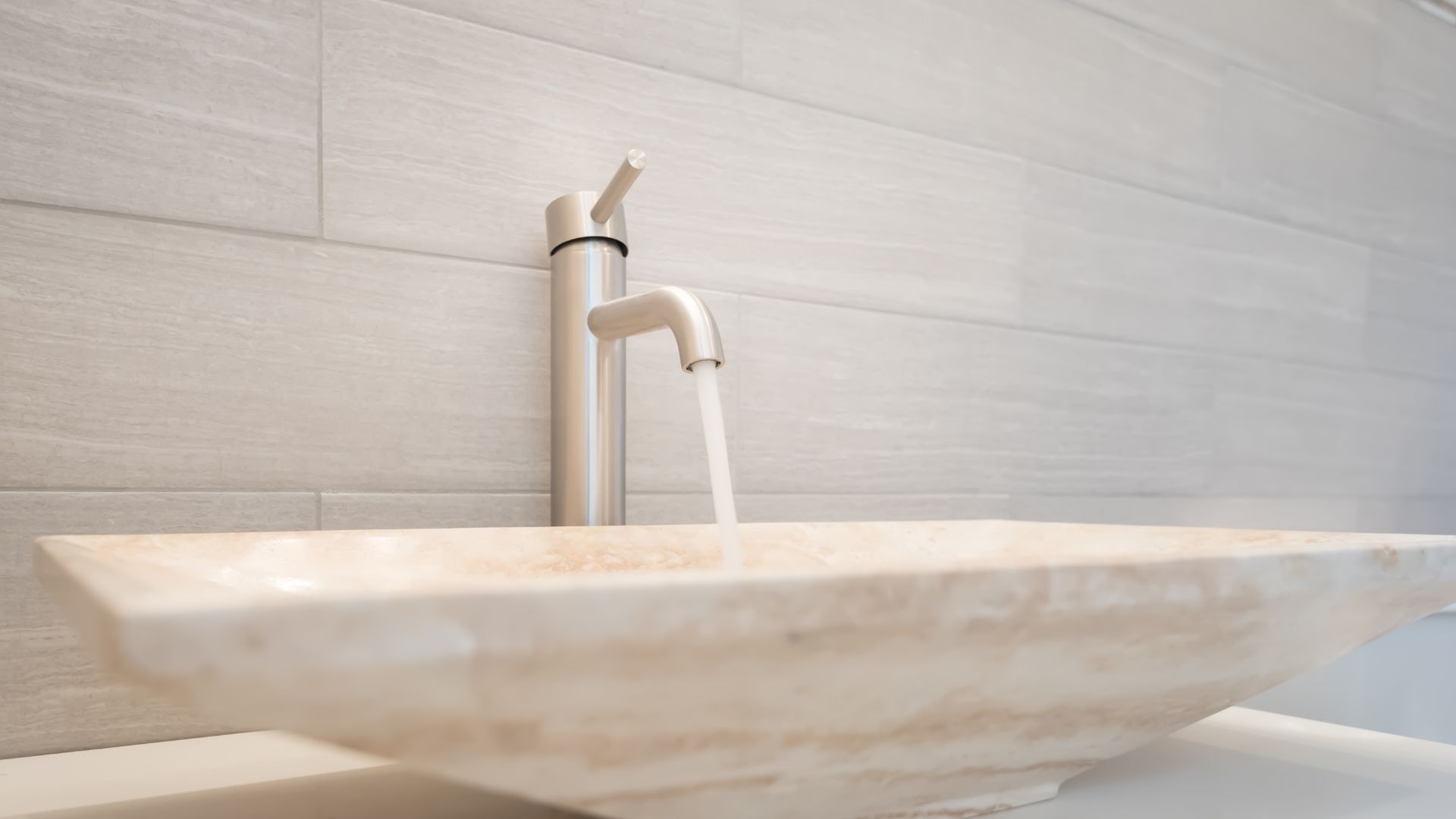7:00AM to 5:00PM
A sink isn’t just another fixture because it plays a huge role in the style and functionality of your kitchen or bathroom. The material you choose affects the look, how well it holds up over time, how much maintenance it needs, and whether it suits your lifestyle.
The right sink material ties everything together, from cabinetry to benchtops and tapware. It also determines how well it handles everyday use—water, heat, cleaning products, and the occasional dropped dish. The wrong choice can lead to stains, scratches, or even cracks, which means costly repairs or replacements.
Some homeowners want a sleek, modern design, while others prioritise durability for a busy household. Heat resistance, scratch resistance, and ease of cleaning are all key factors. Picking the right material ensures your sink stays looking great and works well for years.
There’s no one-size-fits-all option when it comes to sink materials. Each has its pros and cons regarding durability, upkeep, style, cost, and sink installation. Here’s what you need to think about before making a decision.

Your sink should withstand daily use without showing too much wear. Some materials are more resistant to scratches, heat, and impact than others. Stainless steel is great against dents, while ceramic can crack under pressure. Composite and stone sinks are tough but need extra care to prevent chips.
Some sinks are a breeze to clean, while others require more effort. Stainless steel doesn’t stain but can show water spots. Ceramic and porcelain wipe clean easily but can be fragile. Natural stone needs sealing to keep stains from setting in. Choosing a material that matches your cleaning habits will make life easier.
Your sink should fit the overall look of your space. Stainless steel works well in modern kitchens, while ceramic suits traditional designs. Composite and stone options offer a natural look with different colours to match your benchtops and cabinetry.
Sink prices vary widely. Stainless steel is affordable, while natural stone and composite options can be pricey. Balancing upfront costs with long-term durability will help you get the most value for your money.
Some sinks are heavier and need extra support. Stone and cast iron require sturdy cabinetry, while stainless steel and composite are easier to install. Before choosing, consider weight, mounting style, and plumbing compatibility.
Different sink materials offer unique benefits. Here’s a closer look at some of the most popular options:
A go-to choice for modern kitchens, stainless steel is practical, lightweight, and rust-resistant.
Pros:
Cons:

Classic and timeless, ceramic and porcelain sinks have a glossy finish that suits both kitchens and bathrooms.
Pros:
Cons:
Combining natural stone and resin, composite granite sinks are durable and stylish.
Pros:
Cons:
A durable, vintage-inspired option, cast iron sinks with enamel coatings are built to last.
Pros:
Cons:
Made from materials like marble, granite, or soapstone, natural stone sinks bring a luxurious, unique touch.
Pros:
Cons:

The best sink material depends on how you use it, how much upkeep you want, and where it’s going.
If your sink sees a lot of action, you’ll want something tough and easy to clean. Stainless steel resists stains and corrosion, making it perfect for a busy kitchen. Composite granite and ceramic look great but need specific cleaning methods. If you want low maintenance, go for stainless steel or porcelain.
Kitchen sinks must handle hot pans, heavy dishes, and lots of scrubbing. Bathroom sinks, on the other hand, don’t see as much wear but still need to resist stains from soap and beauty products. Ceramic and porcelain work well in bathrooms, while composite, stainless steel or cast iron is ideal for kitchens.
Your environment can affect your sink’s longevity. Hard water can leave mineral deposits on stainless steel and darken natural stone, and high humidity can impact porous materials like unsealed stone. Choosing the right material for your climate helps ensure long-term durability.
Choosing the right sink is only half the battle because proper installation is just as necessary. A poorly installed sink can lead to leaks, drainage problems, and even structural issues, especially with heavier materials like cast iron or natural stone.
Sealing is crucial to prevent water damage and mould, while the correct drainage setup keeps water flowing smoothly. Some sinks need extra support, so professional installation ensures everything is secure and built to last.
At Gold Coast Plumbing Company, we specialise in expert sink installation. Whether you’re upgrading your kitchen or bathroom, our team guarantees high-quality workmanship and hassle-free plumbing solutions. Get in touch today for professional advice and a seamless installation experience tailored to your home’s needs.